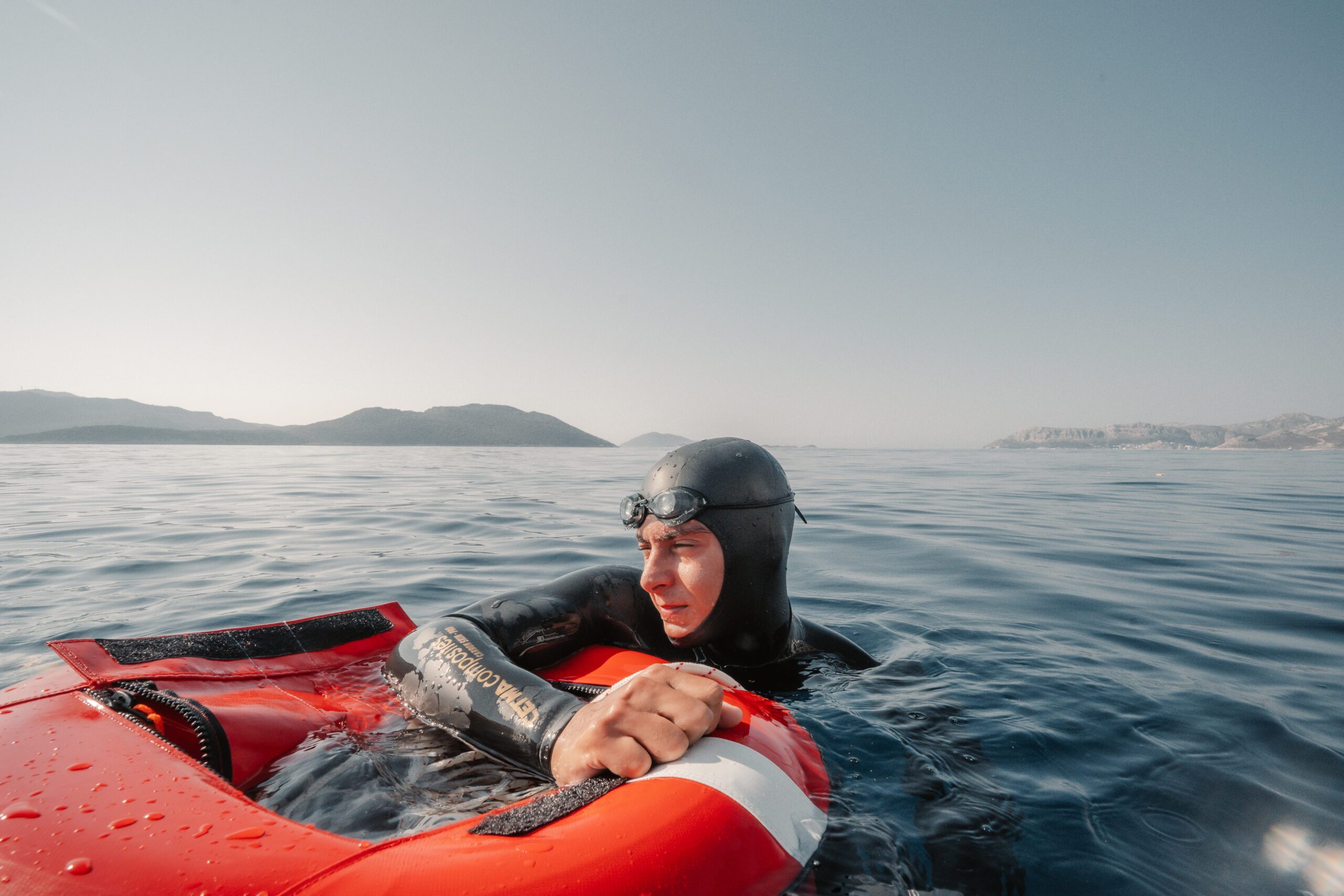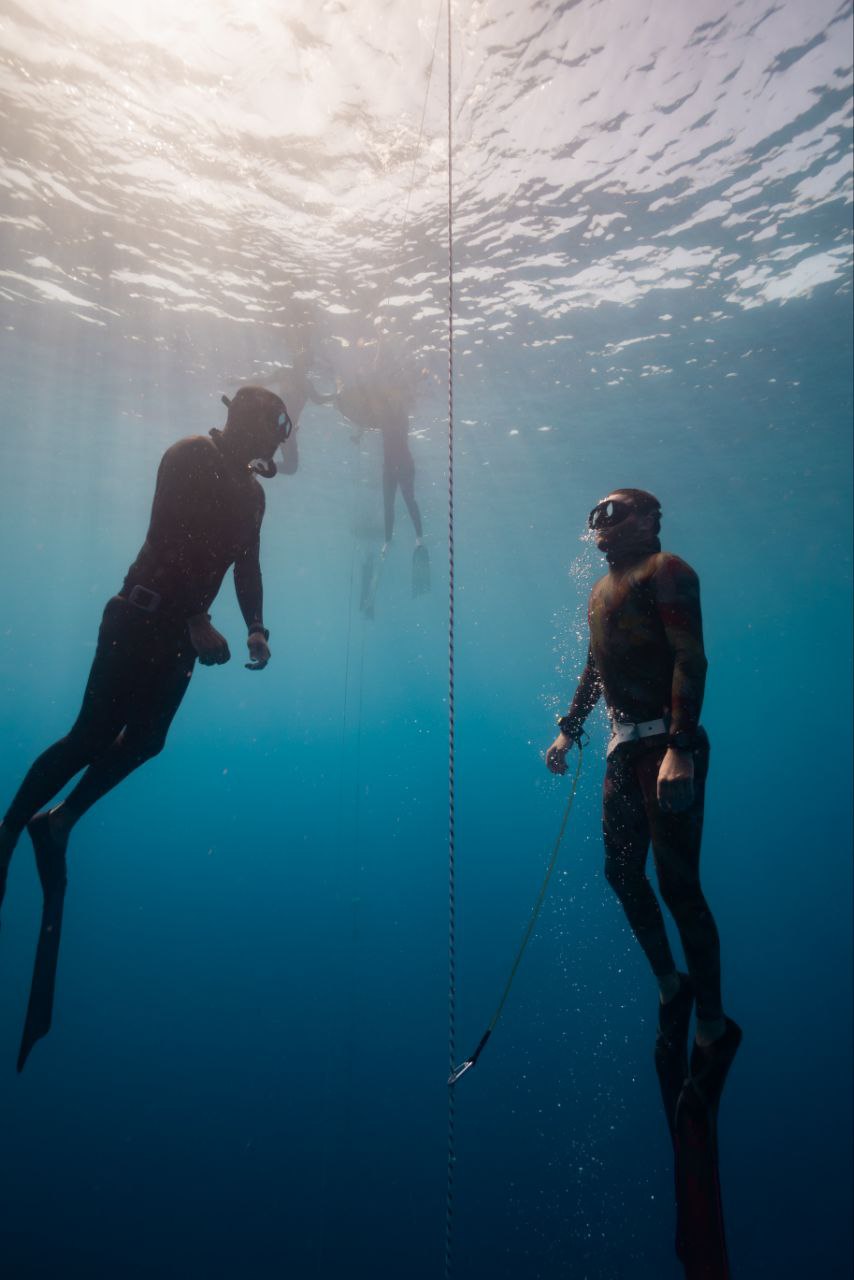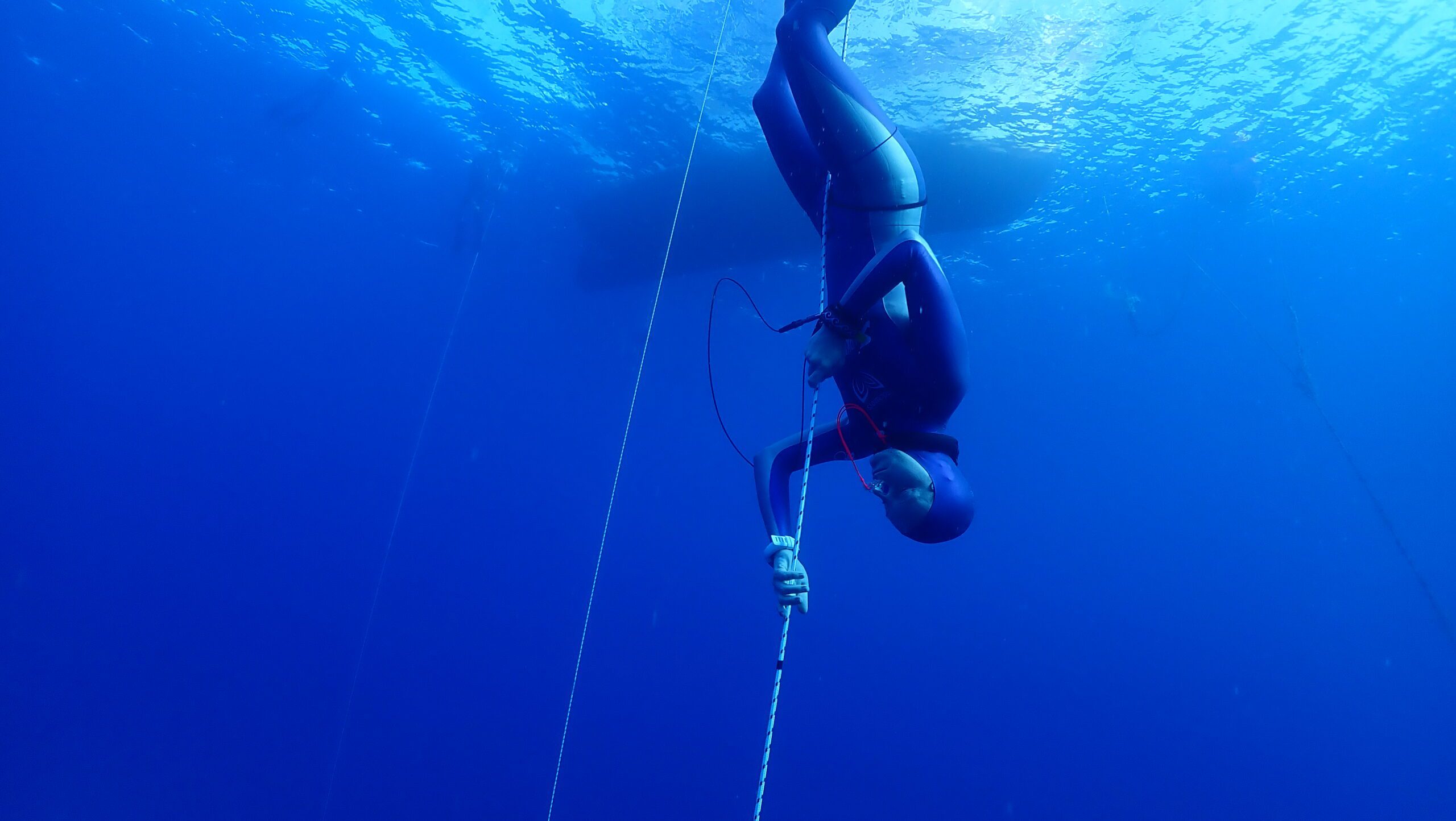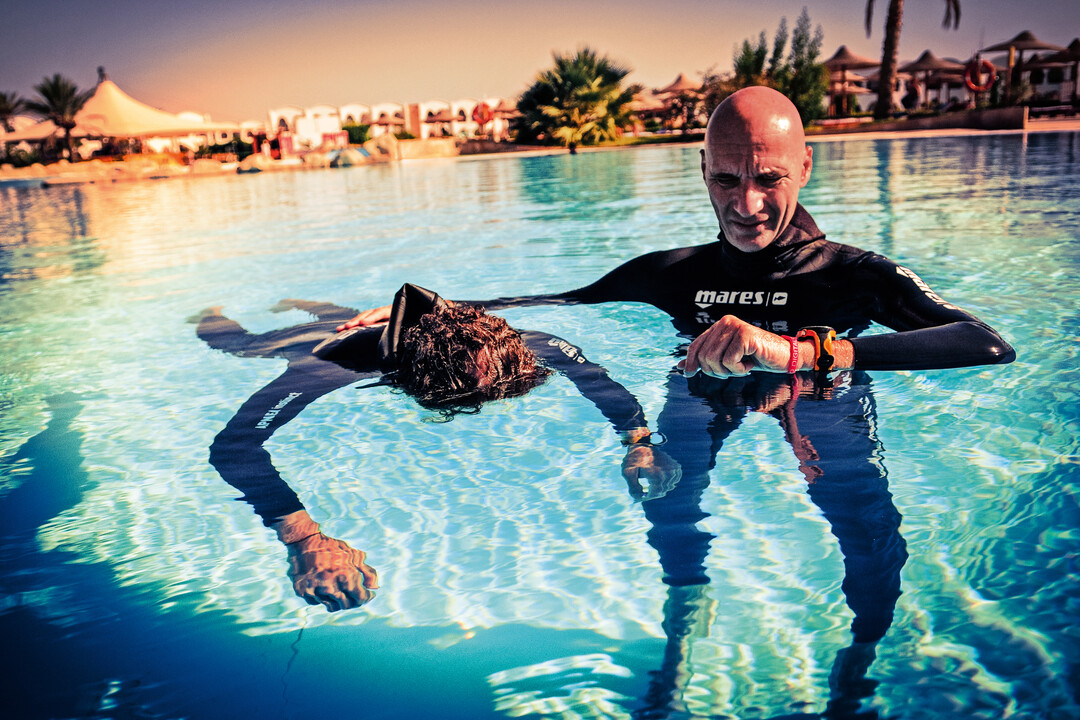Freediving Safety
Freediving can be an exhilarating and rewarding activity, but it also comes with risks. Proper safety measures must be taken to ensure the safety of the freediver. Here are some tips for freediving safety:
Learn from a certified instructor: It is important to learn from a certified instructor who can teach you the proper techniques and safety measures for freediving.
Always dive with a buddy: Never freedive alone. Always have a buddy who is trained in freediving and can assist you in case of an emergency.
Never hyperventilate: Hyperventilation, or taking deep breaths before diving, can lead to loss of consciousness underwater. Take slow, deep breaths instead.
Stay within your limits: Never push yourself beyond your limits. Know your capabilities and stick to them.
Use proper equipment: Use proper freediving equipment such as fins, wetsuits, masks, and weights. Make sure your equipment is well maintained and in good working condition.
Stay hydrated: Drink plenty of water before and after diving to stay hydrated and prevent dehydration.
Be aware of your surroundings: Always be aware of your surroundings, including water temperature, currents, and wildlife. Avoid diving in areas with strong currents, dangerous marine life, or poor visibility.
Know the signs of hypoxia: Hypoxia, or lack of oxygen, can lead to loss of consciousness underwater. Know the signs of hypoxia, such as lightheadedness, confusion, and tingling in the fingers and toes, and return to the surface immediately if you experience any of these symptoms.
Have a plan in case of an emergency: Always have a plan in case of an emergency. Know the location of the nearest emergency services and have a plan for getting medical help quickly in case of an emergency.
Stay calm and relaxed: Finally, stay calm and relaxed while freediving. Panic can lead to accidents and injuries. Take slow, deep breaths and focus on your technique to stay calm and relaxed underwater.







